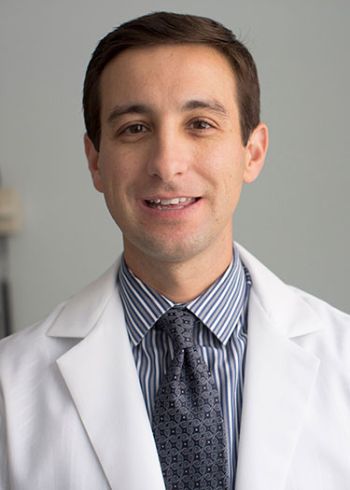
WASHINGTON (Nov. 16, 2016) — As conventional fee-for-service models become less viable, cardiologists will need to participate in emerging payment models, according to a review published by George Washington University (GW) researcher Steven Farmer, M.D., Ph.D., in the Journal of the American Medical Association Cardiology.
“Our health care system features high costs and further spending growth is unsustainable,” said Farmer, associate director of the Center for Healthcare Policy and Research and associate professor of medicine at the GW School of Medicine and Health Sciences. “Our review explores existing and emerging payment and delivery reforms that will affect cardiologists and their practices.”
The U.S. has the highest per capita health expenditures in the world, but ranks last among developed nations in care quality, efficiency, and equity. Recent payment reforms aim to improve value, leading the system away from the escalating health care expenditures and inconsistent quality associated with the fee-for-service payment mode.
Along with Mark McClellan, M.D., Ph.D., director, and Meghan George, M.P.P., former research associate, both at the Margolis Center for Health Policy at Duke University, and researchers from the Center for Health Policy at the Brookings Institution, the American College of Cardiology, and Columbia University/New York-Presbyterian, Farmer calls for cardiologists to develop expertise in new care pathways during a period of relatively lower risk. Physicians have hesitated to participate, since many of these models require large upfront investments and impose significant administrative burdens.
“Cardiologists who are ‘early adopters’ of new payment reforms will have a great advantage,” said Farmer, who is also a senior policy advisor at the Robert J. Margolis Center for Health Policy at Duke University. “Efforts to adapt to reforms now will lead to improved quality and reduced costs in the long term.”
In reviewing payment reforms, Farmer and his co-authors describe four examples, including a commercial incentive program, an episode payment model, a physician-led accountable care organization, and a health system participating in multiple models.
“Existing and Emerging Payment and Delivery Reforms in Cardiology” is published in JAMA Cardiology.


